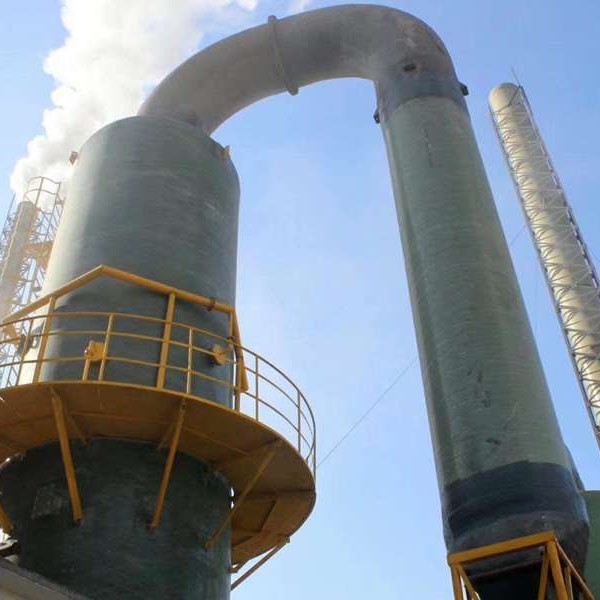
-
 Afrikaans
Afrikaans -
 Albanian
Albanian -
 Amharic
Amharic -
 Arabic
Arabic -
 Armenian
Armenian -
 Azerbaijani
Azerbaijani -
 Basque
Basque -
 Belarusian
Belarusian -
 Bengali
Bengali -
 Bosnian
Bosnian -
 Bulgarian
Bulgarian -
 Catalan
Catalan -
 Cebuano
Cebuano -
 China
China -
 China (Taiwan)
China (Taiwan) -
 Corsican
Corsican -
 Croatian
Croatian -
 Czech
Czech -
 Danish
Danish -
 Dutch
Dutch -
 English
English -
 Esperanto
Esperanto -
 Estonian
Estonian -
 Finnish
Finnish -
 French
French -
 Frisian
Frisian -
 Galician
Galician -
 Georgian
Georgian -
 German
German -
 Greek
Greek -
 Gujarati
Gujarati -
 Haitian Creole
Haitian Creole -
 hausa
hausa -
 hawaiian
hawaiian -
 Hebrew
Hebrew -
 Hindi
Hindi -
 Miao
Miao -
 Hungarian
Hungarian -
 Icelandic
Icelandic -
 igbo
igbo -
 Indonesian
Indonesian -
 irish
irish -
 Italian
Italian -
 Japanese
Japanese -
 Javanese
Javanese -
 Kannada
Kannada -
 kazakh
kazakh -
 Khmer
Khmer -
 Rwandese
Rwandese -
 Korean
Korean -
 Kurdish
Kurdish -
 Kyrgyz
Kyrgyz -
 Lao
Lao -
 Latin
Latin -
 Latvian
Latvian -
 Lithuanian
Lithuanian -
 Luxembourgish
Luxembourgish -
 Macedonian
Macedonian -
 Malgashi
Malgashi -
 Malay
Malay -
 Malayalam
Malayalam -
 Maltese
Maltese -
 Maori
Maori -
 Marathi
Marathi -
 Mongolian
Mongolian -
 Myanmar
Myanmar -
 Nepali
Nepali -
 Norwegian
Norwegian -
 Norwegian
Norwegian -
 Occitan
Occitan -
 Pashto
Pashto -
 Persian
Persian -
 Polish
Polish -
 Portuguese
Portuguese -
 Punjabi
Punjabi -
 Romanian
Romanian -
 Russian
Russian -
 Samoan
Samoan -
 Scottish Gaelic
Scottish Gaelic -
 Serbian
Serbian -
 Sesotho
Sesotho -
 Shona
Shona -
 Sindhi
Sindhi -
 Sinhala
Sinhala -
 Slovak
Slovak -
 Slovenian
Slovenian -
 Somali
Somali -
 Spanish
Spanish -
 Sundanese
Sundanese -
 Swahili
Swahili -
 Swedish
Swedish -
 Tagalog
Tagalog -
 Tajik
Tajik -
 Tamil
Tamil -
 Tatar
Tatar -
 Telugu
Telugu -
 Thai
Thai -
 Turkish
Turkish -
 Turkmen
Turkmen -
 Ukrainian
Ukrainian -
 Urdu
Urdu -
 Uighur
Uighur -
 Uzbek
Uzbek -
 Vietnamese
Vietnamese -
 Welsh
Welsh -
 Bantu
Bantu -
 Yiddish
Yiddish -
 Yoruba
Yoruba -
 Zulu
Zulu
GRP Chemical Tanks | Durable & Reliable Solutions
Understanding GRP Chemical Tanks A Comprehensive Overview
In today's industrial landscape, the storage and handling of chemicals is a critical aspect of operations across various sectors, including manufacturing, agriculture, and pharmaceuticals. One of the most effective solutions for this purpose is the use of Glass Reinforced Plastic (GRP) chemical tanks. These tanks are increasingly favored for their durability, versatility, and resistance to corrosion, making them an ideal choice for storing a wide range of chemicals.
What is GRP? Glass Reinforced Plastic, commonly known as fiberglass, is a composite material made from a polymer matrix reinforced with glass fibers. This composite combines the lightweight and strength of plastic with the tensile strength of glass fibers, resulting in a material that is not only strong but also resistant to various environmental factors, including chemicals, UV light, and temperature fluctuations.
Advantages of GRP Chemical Tanks 1. Corrosion Resistance One of the standout features of GRP tanks is their exceptional resistance to corrosion. Unlike traditional materials such as steel and aluminum, GRP does not rust or corrode when in contact with aggressive chemicals. This property extends the lifespan of the tanks and reduces maintenance costs significantly.
Understanding GRP Chemical Tanks A Comprehensive Overview
3. Customizable Designs GRP tanks can be manufactured in various shapes, sizes, and configurations to meet specific requirements. This flexibility allows businesses to optimize their storage solutions according to the type and quantity of chemicals they store.
grp chemical tank

4. Thermal Insulation The thermal properties of GRP help keep the temperature stable within the tank, which is crucial for certain chemicals that may require specific conditions to maintain their integrity.
5. Cost-Effectiveness While the initial investment in GRP tanks may be higher than traditional tanks, the long-term savings in maintenance, longevity, and reduced risk of contamination can make them a more cost-effective solution over time.
Applications of GRP Chemical Tanks GRP chemical tanks are widely used across various industries for storing different types of chemicals, including acids, alkalis, water, fertilizers, and even food-grade substances. Their applications extend to wastewater treatment facilities, chemical processing plants, agricultural operations, and more. The ability to tailor the tank's design for specific chemicals enhances operational efficiency and safety.
Safety Considerations When working with chemical tanks, safety must always be a priority. GRP tanks should be regularly inspected for any signs of wear or damage, and operators must be trained on the safe handling of chemicals. Proper installation and adherence to regulations and best practices will ensure the safest and most effective use of GRP tanks.
Conclusion GRP chemical tanks represent a modern solution to the challenges of chemical storage. With their impressive range of advantages including corrosion resistance, lightweight construction, and customizable designs, these tanks are suited for various industrial applications. As industries continue to prioritize safety and efficiency, GRP tanks stand out as a reliable choice for the reliable storage of a wide range of chemicals. Investing in GRP technology not only enhances operational effectiveness but also contributes to a safer working environment.
Latest news
-
Exploring the Benefits of Top Hammer Drifter Rods for Enhanced Drilling PerformanceNewsJun.10,2025
-
High-Precision Fiberglass Winding Machine for GRP/FRP Pipe Production – Reliable & Efficient SolutionsNewsJun.10,2025
-
FRP Pipes & Fittings for Shipbuilding - Corrosion-Resistant & LightweightNewsJun.09,2025
-
Premium FRP Flooring Solutions Durable & Slip-ResistantNewsJun.09,2025
-
Premium Fiberglass Rectangular Tanks Durable & Lightweight SolutionNewsJun.09,2025
-
Tapered Drill String Design Guide Durable Performance & UsesNewsJun.09,2025









